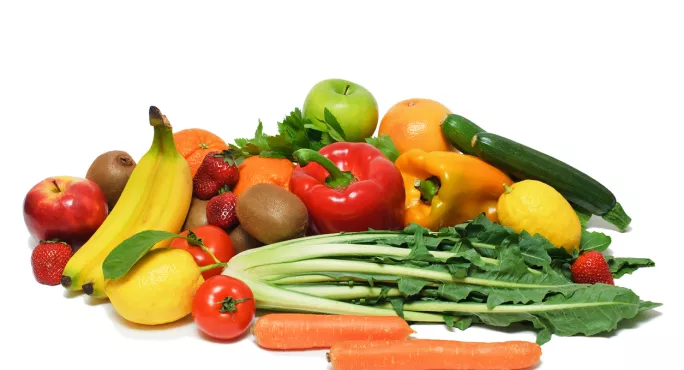Very little progress has been made over the past decade on improving children’s diets - despite health and wellbeing being one of the key focuses of the Scottish curriculum, a new analysis of diet and weight data published today by the Scottish government shows.
The figures published in the Diet and Healthy Weight Monitoring Report show that just 15 per cent of children aged 2 to 15 met the five-a-day recommendation for consumption of fruit and vegetables last year.
The report, which brings data from different sources together in one place, states that there has been “little variation” in the proportion eating the recommended amount of fruit and vegetables over time, with the figure between 12 per cent and 15 per cent each year since 2008.
Investigation: Bakes for breakfast: ‘the reality’ of school food
Background: Smoothies banned as part of school meal shake-up
Big read: How do shorter lunchtimes affect student wellbeing?
The report also says that in 2018 around 10 per cent of children aged 2-15 consumed no fruit or vegetables on a typical day. And on average children consumed 2.8 portions of fruit and vegetables a day, with a portion defined as 80g of a fruit or vegetable.
Again, the report says that both these figures have varied very little since 2008.
Tackling childhood obesity
The report also states that almost a third (29 per cent) of children aged under 16 were at risk of overweight, including obesity. This figure has fluctuated between 26 per cent and 33 per cent since 1998.
There was some good news in that between 2014 and 2018, the volume of sales of regular take-home soft drinks reduced by 11 per cent and that over-16s were found to be more likely than children to eat the right amount of fruit and veg.
Still, though, fewer than a quarter of over-16s (22 per cent) hit the five-a-day target last year and while soft drinks sales dropped between 2014 and 2018, sales of biscuits and confectionery increased by 5 per cent and sales of cakes and pastries increased by 10 per cent.
Obesity has been identified as one of the biggest and most complex public health challenges of our time and the Scottish government has set itself the goal of halving childhood obesity by 2030.
In Scotland the three key tenets of the curriculum - Curriculum for Excellence - are literacy, numeracy, and health and wellbeing, and incorporating these into lessons is supposed to be the responsibility of every teacher.
There are also strict rules around the kind of food and drink that can be served to children in school, which were recently revised.
However, an investigation by Tes Scotland last year found that schools were being rebuked by inspectors for serving deep-fried food too regularly, using high volumes of processed meat and serving baked goods for breakfast.
One piece of iced carrot cake served at a Glasgow secondary provided 456kcal and 43.8g of sugar.




